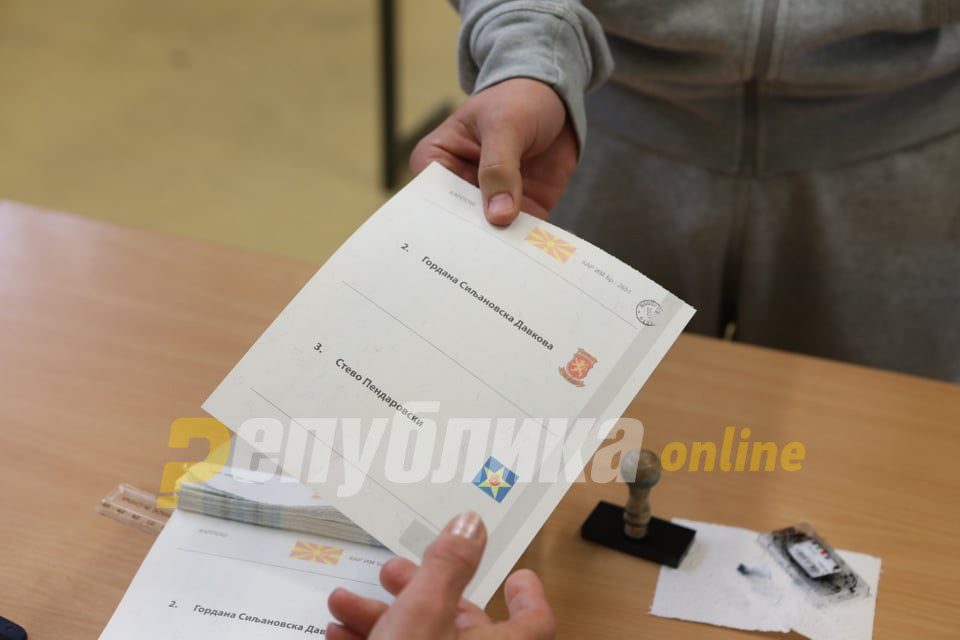The second round of the presidential election was calm and well run. However, the shortfalls in the legal framework are still worrying, international observers for the presidential election in the country concluded at Monday’s press conference.
The Head of the ODIHR election observation mission Corien Jonkers aid that the elections were well prepared and took place in a calm and a peaceful atmosphere and that that shows how much can be achieved if there is political will. She pointed out that the media reported transparently and impartially. The campaign abounded with numerous debates between the two candidates. However, according to her, international observers express serious concern over the legal framework.
But democracy is not just about election day. Political will is needed to ensure that genuinely inclusive legal reforms are followed by a consistent implementation that builds and keeps citizens’ trust, said Jonker.
As a shortfall, she cited the fact that there’s not enough clarity about the rules for submitting campaign financing reports.
Asked to comment on the VMRO-DPMNE’s allegations of electoral irregularities and whether their mission noted such irregularities, Jonker said they were also notified of those irregularities.
Regarding whether their mission registered cases of family voting or voting for another person, Jonker confirmed that they had registered cases of family voting, which will also be included in their detailed report.
Sereine Mauborgne, Special Co-ordinator and leader of the OSCE short-term observer mission said that this election cycle had a successful ending and voters could freely make informed choices between the candidates.
Yesterday’s increased voter turnout demonstrates the determination of the population to unite and address the challenges facing this country. Now, it is up to the political leadership to hear this message and undertake real reform that will replace the legal patchwork requiring constant political agreements with a coherent and sustainable electoral law, said Mauborgne.
Marie-Christine Dalloz, Head of the PACE delegation said that the voting in the second round was well-organized, and voters, as in the first round, were able to make their choice freely, stressing that an election is not limited to voting day.
The PACE delegation considers that some recurrent problems in the electoral process remain unaddressed, in particular the need to reform the electoral code and, in general, the political system, to re-engage citizens and to ensure their active participation, regardless of ethnic origin. In addition, it is crucial to strengthen the transparency and the control of election campaign funding. The issue of EU and NATO membership should not be allowed to obscure recurrent problems in the electoral process, said Dalloz.
The Parliamentary Assembly and the Venice Commission are ready to assist the authorities of North Macedonia in implementing the necessary reforms, she added.
The international election observation mission comprises some 170 observers from 32 countries, including 156 long- and short-term observers deployed by ODIHR, 11 parliamentarians and staff from the OSCE PA, and 5 from PACE.




Comments are closed for this post.